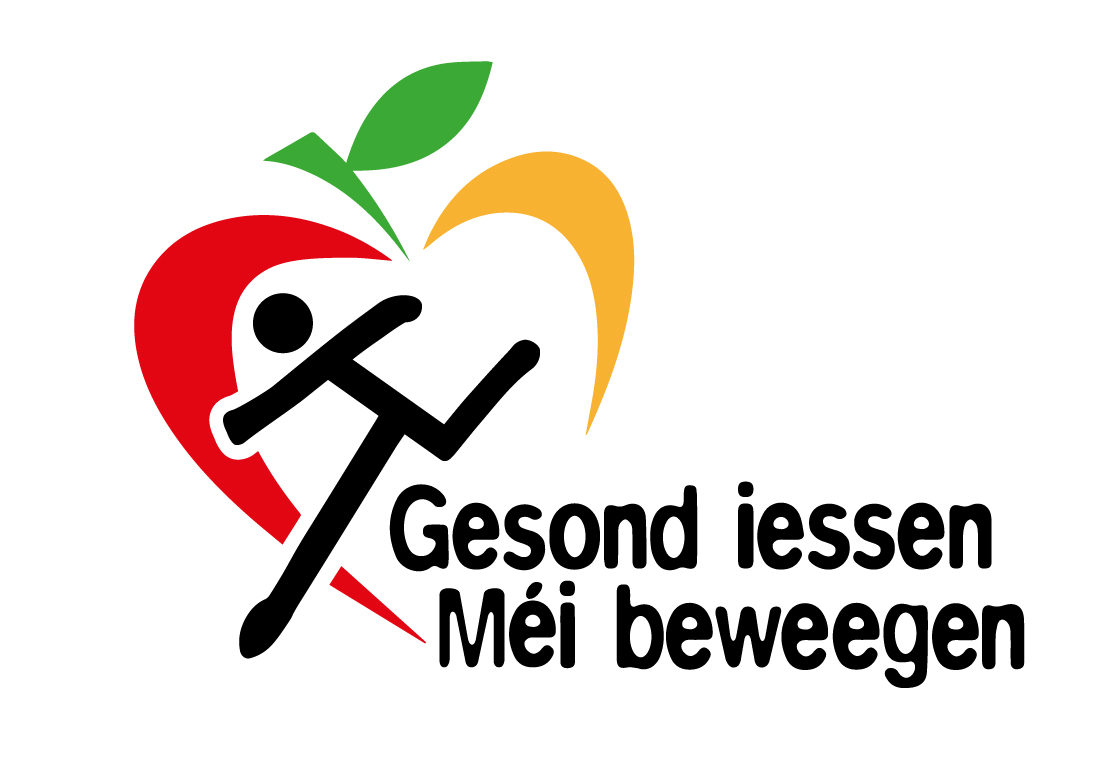Vegetarian and vegan diets
Vegetarian diet
A vegetarian diet can be lacto-ovo-vegetarian or lacto-vegetarian. People who follow a lacto-ovo-vegetarian diet exclude all meat/poultry and fish/shellfish-type foods, but they do consume milk, yoghurt and cheese and eggs alongside plant foods. The lacto-vegetarian diet also excludes eggs. Generally, if the food consumed is adequate in quality and quantity, this way of eating can cover all the physiological needs of our bodies and keep us healthy.
As part of the national "Eat healthy, be more active" plan (Gesond iessen, Méi beweegen), national nutritional recommendations have been drawn up for the macronutrients (proteins, carbohydrates and fats). These recommendations, which are based on those of internationally recognised learned societies, are compatible with a vegetarian diet. Our publications, which draw on these recommendations, advocate both omnivorous and vegetarian diets. In fact, our national food pyramid, used to illustrate the balanced diet, reflects both types of diet - vegetarian as well as omnivorous.
Vegan diet
A vegan diet excludes all foods of animal origin, including meat and poultry, fish and shellfish, eggs, milk, yoghurt and cheese and honey.
Other products are excluded because products of animal origin are used in their production process.
The European Society of Paediatric Gastroenterology, Hepatology and Nutrition (ESPGHAN) has warned that a vegan-type diet can, in the long term, irreversibly damage children's height, weight and cognitive development. The Deutsche Gesellschaft für Ernährung (DGE) has officially advised against a vegan diet in children and adolescents as well as during pregnancy and breastfeeding.
The National Health Directorate (Direction de la santé), in its "Eat healthy, Be more active" ("Gesond iessen, Méi beweegen") policy, advocates and supports a balanced diet, whether vegetarian or omnivorous, whilst underlining the importance of simply enjoying food. However, we remain reserved with regard to veganism due to the deficiencies that this type of diet can cause. We are anxious to ensure access for all to a healthy, balanced diet rich in fruit and vegetables and low in salt and added sugars.
Last update


